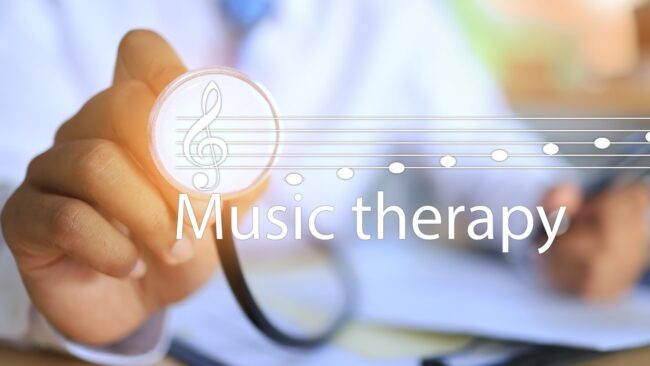In the realm of cancer rehabilitation, where physical, emotional, and psychological well-being intersect, music therapy emerges as a powerful modality for healing. Beyond its role as mere entertainment, music possesses the remarkable ability to evoke emotions, stimulate memories, and facilitate communication. In this blog, John R. Callen will explore the transformative potential of music therapy in cancer rehabilitation, examining its profound impact on pain management, emotional expression, and overall quality of life for survivors.
The Healing Power of Music
Music has long been recognized as a universal language that transcends cultural boundaries and speaks directly to the human soul. Its therapeutic benefits are manifold, encompassing physical, emotional, cognitive, and social domains. In the context of cancer rehabilitation, music therapy harnesses the inherent qualities of music to promote healing and well-being on multiple levels.
- Pain Management: Music has been shown to alleviate pain perception by engaging neural pathways involved in auditory processing, emotion regulation, and distraction from nociceptive stimuli. Through carefully selected music interventions, such as personalized playlists, live music performances, or guided relaxation sessions, cancer survivors can experience reduced pain intensity, decreased anxiety, and improved mood, enhancing their overall comfort and resilience during rehabilitation.
- Emotional Expression and Coping: Cancer diagnosis and treatment can evoke a wide range of emotions, from fear and sadness to hope and resilience. Music provides a safe and supportive medium for survivors to express and process their feelings, whether through listening to familiar songs that resonate with their experiences or engaging in songwriting, improvisation, or lyric analysis under the guidance of a music therapist. By giving voice to their emotions and finding solace in melodies and lyrics, survivors can navigate the emotional complexities of their journey with greater clarity, acceptance, and empowerment.
- Cognitive Stimulation and Memory Recall: For many cancer survivors, cognitive impairments such as memory loss, attention deficits, and executive dysfunction may pose significant challenges to daily functioning and quality of life. Music therapy offers cognitive stimulation and memory recall through structured interventions such as rhythmic movement exercises, memory games, and singing familiar songs. By engaging cognitive processes associated with music perception and production, survivors can enhance neuroplasticity, memory retrieval, and cognitive flexibility, fostering mental acuity and adaptive functioning in their rehabilitation journey.
- Social Connection and Support: Cancer diagnosis can sometimes lead to social isolation and feelings of loneliness, as survivors navigate changes in their relationships and social roles. Music therapy creates opportunities for social connection and support through group music-making experiences, community sing-alongs, or virtual music platforms that enable survivors to connect with others who share similar experiences and interests. By fostering a sense of belonging and camaraderie, music therapy strengthens social support networks and promotes resilience in the face of adversity.
In the symphony of cancer rehabilitation, music therapy emerges as a harmonious blend of science and art, offering a melody of healing, hope, and humanity. Through its multifaceted interventions, music therapy empowers cancer survivors to transcend pain, express emotions, stimulate cognition, and forge meaningful connections with themselves and others. As we continue to unravel the therapeutic potential of music in cancer care, let us embrace its transformative power as a catalyst for healing and restoration, composing a symphony of resilience and renewal in the lives of survivors around the world.
